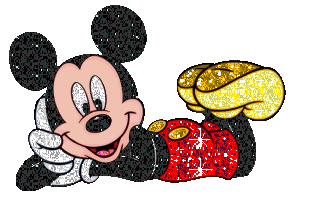
Vitamin C or L-ascorbic acid is an essential nutrient for humans, in which it functions as a vitamin. Ascorbate (an ion of ascorbic acid) is required for a range of essential metabolic reactions in all animals and plants. It is made internally by almost all organisms; notable mammalian exceptions are most or all of the order chiroptera (bats), and the entire suborder Anthropoidea (Haplorrhini) (tarsiers, monkeys and apes). It is also needed by guinea pigs and some species of birds and fish. Deficiency in this vitamin causes the disease scurvy in humans.It is also widely used as a food additive
The pharmacophore of vitamin C is the ascorbate ion. In living organisms, ascorbate is an anti-oxidant, since it protects the body against oxidative stress, and is a cofactor in several vital enzymatic reactions.
Scurvy has been known since ancient times. People in many parts of the world assumed it was caused by a lack of fresh plant foods. The British Navy started giving sailors lime juice to prevent scurvy in 1795. Ascorbic acid was finally isolated in 1933 and synthesized in 1934. The uses and recommended daily intake of vitamin C are matters of on-going debate, with RDI ranging from 45 to 95 mg/day. Proponents of megadosage propose from 200 to upwards of 2000 mg/day. A recent meta-analysis of 68 reliable antioxidant supplementation experiments, involving a total of 232,606 individuals, concluded that consuming additional ascorbate from supplements may not be as beneficial as thought.
The pharmacophore of vitamin C is the ascorbate ion. In living organisms, ascorbate is an anti-oxidant, since it protects the body against oxidative stress, and is a cofactor in several vital enzymatic reactions.
Scurvy has been known since ancient times. People in many parts of the world assumed it was caused by a lack of fresh plant foods. The British Navy started giving sailors lime juice to prevent scurvy in 1795. Ascorbic acid was finally isolated in 1933 and synthesized in 1934. The uses and recommended daily intake of vitamin C are matters of on-going debate, with RDI ranging from 45 to 95 mg/day. Proponents of megadosage propose from 200 to upwards of 2000 mg/day. A recent meta-analysis of 68 reliable antioxidant supplementation experiments, involving a total of 232,606 individuals, concluded that consuming additional ascorbate from supplements may not be as beneficial as thought.






ไม่มีความคิดเห็น:
แสดงความคิดเห็น